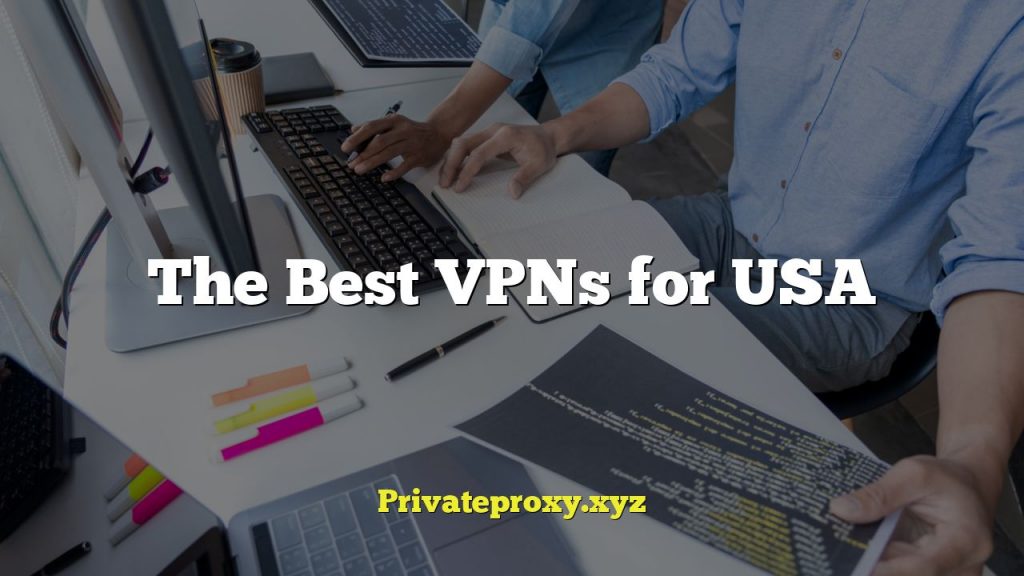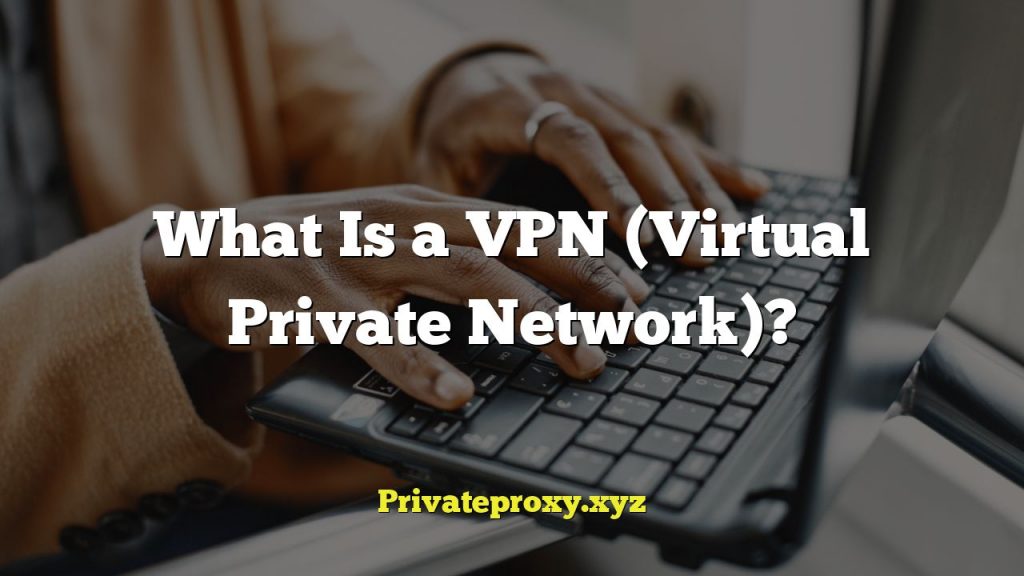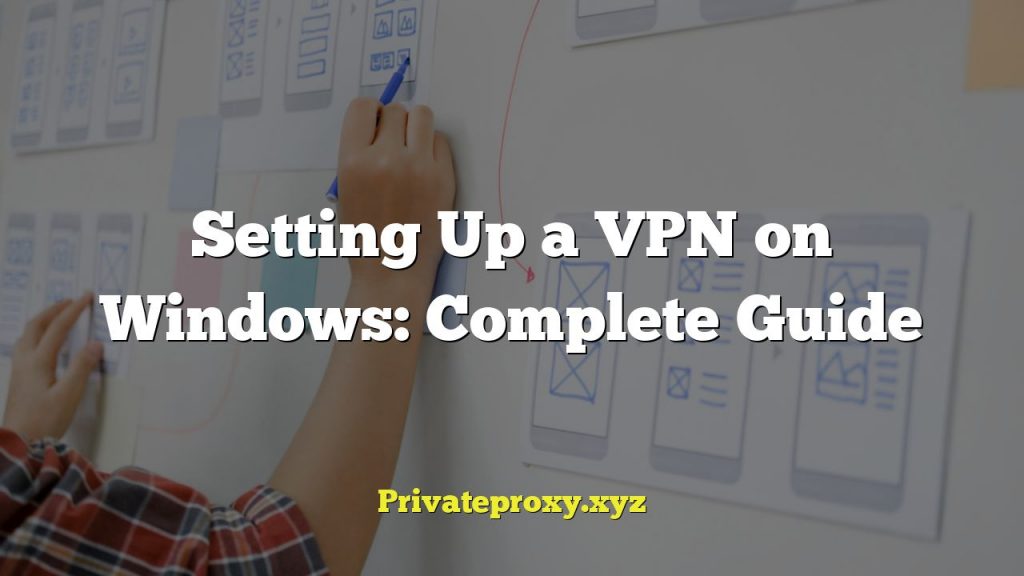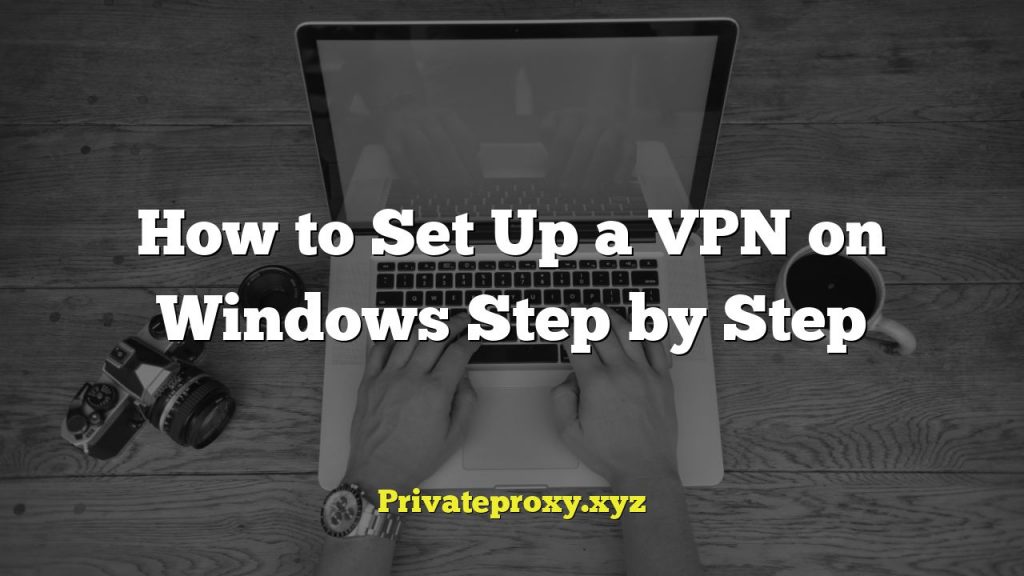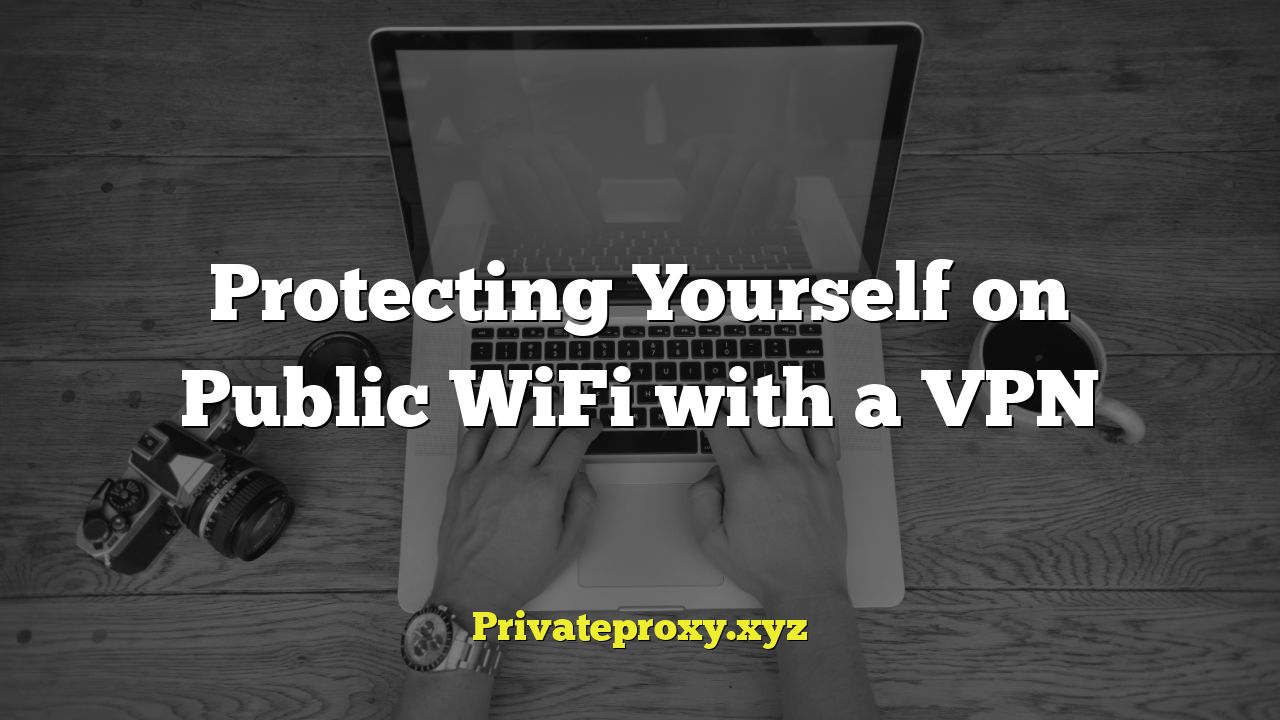
Understanding the Risks of Public WiFi
Public WiFi hotspots are ubiquitous. Coffee shops, airports, libraries, and hotels all offer this convenient service, allowing us to stay connected on the go. However, this convenience comes with significant security risks. Connecting to an unsecured public network can expose your personal data to cybercriminals.
- Lack of Encryption: Most public WiFi networks lack proper encryption. This means that data transmitted over the network is sent in plain text, making it easily interceptable.
- Man-in-the-Middle Attacks: Hackers can position themselves between your device and the WiFi access point, intercepting and potentially altering the data you send and receive.
- Unsecured Networks: It’s easy to set up a fake WiFi hotspot that mimics a legitimate network. Unsuspecting users connect to these rogue hotspots, providing hackers with access to their devices.
- Malware Distribution: Hackers can use public WiFi to distribute malware. By exploiting vulnerabilities in your device’s operating system or software, they can install malicious software without your knowledge.
- Data Theft: Your personal information, including passwords, credit card details, and browsing history, can be stolen if you connect to an unsecured public WiFi network.
The consequences of using unprotected public WiFi can be severe, ranging from identity theft and financial loss to compromised online accounts.
What is a VPN and How Does It Work?
A Virtual Private Network (VPN) creates a secure, encrypted connection between your device and a remote server. This effectively masks your IP address and encrypts your internet traffic, making it significantly harder for hackers to intercept your data.
Here’s a simplified breakdown of how a VPN works:
- Encryption: When you connect to a VPN, all your internet traffic is encrypted using advanced encryption algorithms. This transforms your data into an unreadable format that only your device and the VPN server can decipher.
- IP Address Masking: Your IP address, which identifies your device and location, is replaced with the IP address of the VPN server. This makes it difficult to track your online activity back to you.
- Secure Tunnel: The VPN creates a secure “tunnel” through which your encrypted data travels. This tunnel protects your data from prying eyes, even on unsecured public WiFi networks.
- Server Location: You can choose the location of the VPN server you connect to. This can be useful for accessing geographically restricted content or masking your true location.
Think of a VPN as a private, encrypted tunnel for your internet traffic. It shields your data from eavesdroppers and protects your privacy while you browse the web.
Benefits of Using a VPN on Public WiFi
Using a VPN on public WiFi offers numerous security and privacy benefits:
- Enhanced Security: VPN encryption protects your data from being intercepted by hackers on public WiFi networks. This is crucial for safeguarding sensitive information like passwords, financial details, and personal communications.
- Privacy Protection: A VPN masks your IP address, preventing websites and online trackers from identifying your location and browsing habits. This helps to protect your online privacy.
- Protection Against Man-in-the-Middle Attacks: The encrypted connection created by a VPN makes it virtually impossible for hackers to launch man-in-the-middle attacks. They can’t intercept and alter your data because it’s encrypted.
- Bypassing Geo-Restrictions: A VPN allows you to connect to servers in different countries, enabling you to bypass geo-restrictions and access content that may not be available in your region.
- Secure Online Banking and Shopping: When using public WiFi, a VPN provides an extra layer of security for online banking and shopping transactions, protecting your financial information from theft.
By using a VPN, you can significantly reduce the risks associated with using public WiFi and enjoy a more secure and private online experience.
Choosing the Right VPN Provider
Selecting the right VPN provider is essential for ensuring your security and privacy. Not all VPNs are created equal, and some may even compromise your data. Here are some factors to consider when choosing a VPN provider:
- Reputation and Trustworthiness: Research the VPN provider’s reputation and track record. Look for independent reviews and testimonials to gauge their reliability. Avoid VPNs with a history of data breaches or privacy violations.
- Encryption Protocols: Ensure that the VPN uses strong encryption protocols, such as AES-256. This is considered the industry standard for secure encryption.
- No-Logs Policy: Choose a VPN provider with a strict no-logs policy. This means that they don’t track or store your online activity, ensuring your privacy.
- Server Locations: Look for a VPN with a wide range of server locations. This gives you more flexibility in bypassing geo-restrictions and choosing the fastest server for your location.
- Speed and Performance: A good VPN should offer fast and reliable connection speeds. Some VPNs can significantly slow down your internet connection, so it’s important to choose one that prioritizes performance.
- Compatibility: Ensure that the VPN is compatible with your devices and operating systems. Most VPN providers offer apps for Windows, macOS, iOS, and Android.
- Customer Support: Choose a VPN provider with responsive and helpful customer support. You may need assistance with setting up the VPN or troubleshooting technical issues.
- Pricing: VPN prices vary depending on the features and subscription length. Compare the prices of different VPN providers and choose one that fits your budget.
Read reviews and compare features carefully before making a decision. Free VPNs often come with limitations and may even collect and sell your data, so it’s generally best to opt for a reputable paid VPN.
Setting Up and Using a VPN on Public WiFi
Setting up and using a VPN is a straightforward process. Here’s a general guide:
- Choose a VPN Provider and Subscribe: Select a VPN provider based on your needs and budget, and subscribe to their service.
- Download and Install the VPN App: Download the VPN app for your device from the provider’s website or the app store. Install the app and follow the on-screen instructions.
- Create an Account and Log In: Create an account with the VPN provider using your email address and a strong password. Log in to the VPN app using your credentials.
- Connect to a VPN Server: Choose a VPN server location from the list provided in the app. For optimal security, select a server that is geographically close to you. Click the connect button to establish a VPN connection.
- Verify the Connection: Once connected, verify that your IP address has been changed and that your internet traffic is being routed through the VPN server. You can use online IP address lookup tools to confirm this.
- Browse the Web Securely: With the VPN connected, you can now browse the web securely on public WiFi. All your internet traffic will be encrypted and protected from prying eyes.
- Disconnect When Finished: When you’re finished using public WiFi, disconnect from the VPN to conserve battery life and data usage.
Most VPN apps offer user-friendly interfaces and simple connection processes. Familiarize yourself with the app’s settings and features to customize your VPN experience.
VPN Security Protocols
Understanding VPN security protocols is crucial for ensuring the effectiveness of your VPN connection. Different protocols offer varying levels of security and performance. Here are some of the most common VPN protocols:
- OpenVPN: OpenVPN is a highly secure and open-source protocol that is widely considered the industry standard. It uses strong encryption algorithms and offers excellent performance.
- IKEv2/IPsec: IKEv2/IPsec is another secure and reliable protocol that is often used on mobile devices. It is known for its speed and stability, especially when switching between networks.
- WireGuard: WireGuard is a relatively new protocol that is gaining popularity due to its speed and simplicity. It offers strong security and is often faster than OpenVPN.
- L2TP/IPsec: L2TP/IPsec is an older protocol that is still used by some VPN providers. While it is generally secure, it can be slower than other protocols and may be vulnerable to certain attacks.
- PPTP: PPTP is an outdated and insecure protocol that should be avoided. It is easily cracked and offers little to no protection against eavesdropping.
When choosing a VPN provider, ensure that they support OpenVPN, IKEv2/IPsec, or WireGuard. These protocols offer the best balance of security and performance. Avoid VPNs that only support PPTP.
Additional Security Measures for Public WiFi
While a VPN provides a significant layer of security on public WiFi, it’s essential to take additional precautions to further protect your data:
- Enable Two-Factor Authentication (2FA): 2FA adds an extra layer of security to your online accounts by requiring a second verification code in addition to your password. Enable 2FA on all your important accounts, such as email, banking, and social media.
- Use HTTPS Websites: Ensure that the websites you visit use HTTPS. HTTPS encrypts the data transmitted between your browser and the website server, protecting it from interception. Look for the padlock icon in the address bar to verify that a website is using HTTPS.
- Update Your Software: Keep your device’s operating system and software up to date with the latest security patches. Software updates often include fixes for vulnerabilities that can be exploited by hackers.
- Disable File Sharing: Disable file sharing on your device when using public WiFi. This prevents other users on the network from accessing your files.
- Use a Firewall: Enable the firewall on your device to block unauthorized access attempts.
- Be Wary of Suspicious Links and Emails: Be cautious of clicking on suspicious links or opening attachments from unknown senders. These could contain malware or phishing scams.
- Avoid Sensitive Transactions: If possible, avoid performing sensitive transactions, such as online banking or shopping, on public WiFi. If you must, make sure you’re using a VPN and that the website is using HTTPS.
By combining a VPN with these additional security measures, you can significantly reduce your risk of being hacked on public WiFi.
VPN Alternatives: Is a Mobile Hotspot Enough?
While a VPN is a robust solution for securing your connection on public WiFi, some users might consider using their mobile phone as a hotspot instead. Here’s a comparison:
- Mobile Hotspot Security: When you use your mobile phone as a hotspot, the data transmitted between your phone and your device is encrypted using WPA2 or WPA3, which are generally considered secure. However, your phone’s connection to the mobile network is still potentially vulnerable.
- Mobile Hotspot Data Usage: Using your phone as a hotspot can quickly deplete your data allowance. Monitor your data usage carefully to avoid exceeding your limit and incurring extra charges.
- VPN Security: A VPN encrypts all your internet traffic, including the traffic between your device and the VPN server. This provides a higher level of security than a mobile hotspot, especially if you’re connecting to websites that don’t use HTTPS.
- VPN Privacy: A VPN masks your IP address, preventing websites and online trackers from identifying your location and browsing habits. A mobile hotspot doesn’t offer the same level of privacy protection.
- VPN Cost: Using a VPN typically involves a monthly or annual subscription fee. Using your phone as a hotspot may incur extra data charges depending on your mobile plan.
A mobile hotspot can be a viable alternative to public WiFi, but it doesn’t offer the same level of security and privacy as a VPN. If you’re concerned about protecting your data, using a VPN in conjunction with a mobile hotspot is the best option.
Conclusion
Public WiFi offers convenience, but it’s crucial to understand the associated security risks. A VPN is an essential tool for protecting your data and privacy when using public WiFi. By encrypting your internet traffic and masking your IP address, a VPN makes it significantly harder for hackers to intercept your data. Choose a reputable VPN provider, follow the setup instructions, and take additional security measures to ensure a safe and secure online experience on public WiFi. Remember to always prioritize your online security and stay informed about the latest threats and best practices.
